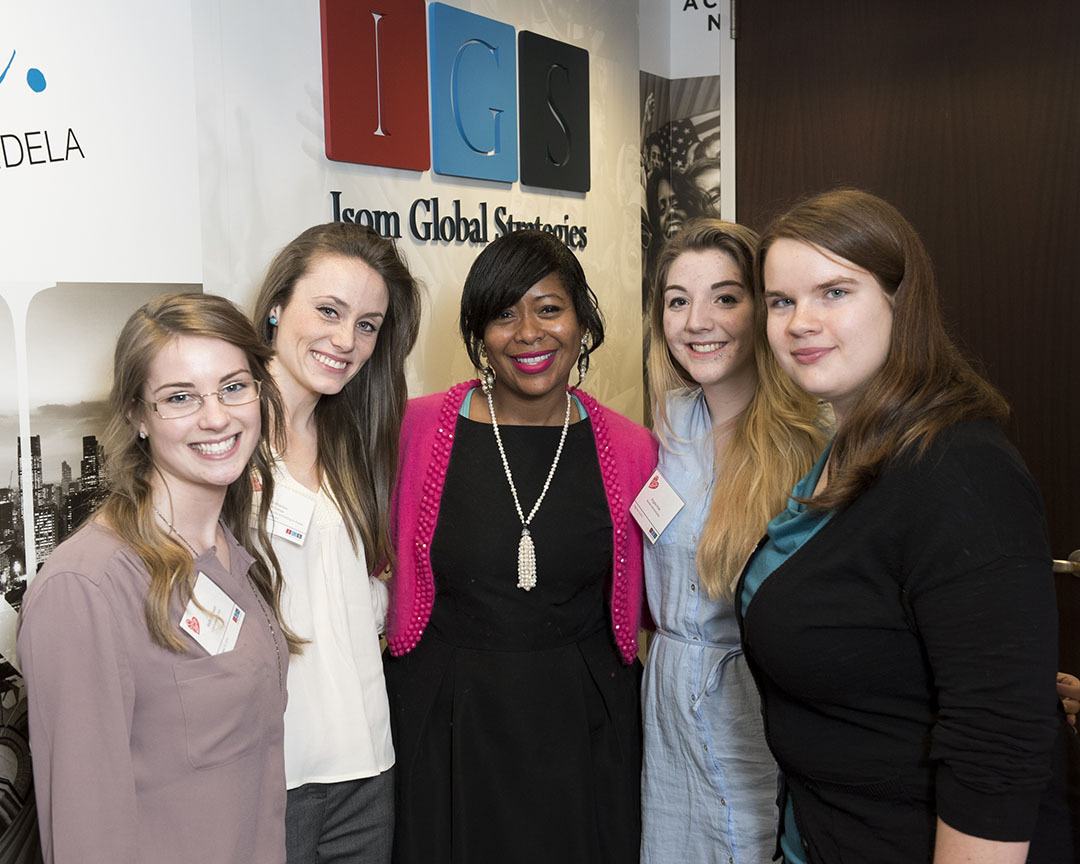Planning a conference can feel overwhelming at times. After all, a planner has to consider many different aspects. No matter if it’s a small conference of 50 people or a large conference with thousands, certain pre-planning musts stay consistent. With smaller conferences, you may be on your own in having to do all of the pre-planning. With the larger conferences, you’ll have a team to help provide support. Either way, as a lead planner, you have to keep two important things in mind from the very beginning: communication and organization.
Communication is Key
Kick-off meetings are a must and yes, even for smaller conferences, communication is essential. At IGS, we do a kick-off meeting anytime any sort of meeting or conference is requested. We value our clients, and so to ensure we are capturing everything that is important to the client, we call a kick-off meeting regardless of meeting size. It’s important for your client to feel included and heard.
- During the kick-off meeting be sure to discuss the topic or purpose of the conference. You want to be aware of that from the beginning so that at the end of the day, the purpose is met for the client.
- Maintain open and frequent communication with yourself and the client. This will help you manage client expectations and meet their needs. Again, customer service is critical for IGS. We like to make sure that we are communicating with each client before they have to ask for something.
- Create an agenda with the client and project staff, and be sure to stick to the time allotted. Your client will be busy so leading them through the process will help establish your credibility and build their confidence with you. IGS creates agendas for all meetings. It’s a great way to work in organization as well, because it allows clients to prepare for what will be discussed, and have something to reference after the meeting, too.
- Discuss the number of participants, preferred locations, and preferred time frame to hold the conference, specific attendees that need to be in attendance, and the client’s idea of how the conference will look.
- Will the conference have plenary and breakout sessions, or will there only be general sessions? Are there evening activities that the client would like? Will it require handouts that are needed to go out in advance as read-ahead materials or printouts to have on site?
While the client may need to be educated on some of these things, getting a good idea of the need up front will allow you to stay organized throughout the conference planning and make sure that you cover everything of importance to your client.
Organization
Use your organization skills to gather notes from the meeting and begin working on the conference.
- Try to keep in mind the purpose and number of participants while looking at space. Once you have some options, create recommendations for your client based on how the locations fit their criteria, and how the locations stay in the conference budget.
- Make sure if it’s a larger conference, you are working with the CVB in the city you’ve chosen to ensure that there aren’t event scheduling conflicts with the venue or in the city.
- Create an attendee list and a save-the-date notification. Remember, communication is key not only to the client, but, now that the planning is beginning, also to your attendees.
The more information your attendees know, and the earlier they know it, the happier and more satisfied their conference experience will be. Once you have an attendee list, save-the-date information, and a draft agenda created, make sure you get the client’s approval and get that information disseminated to all attendees.
Things to Remember
With any meeting, communication and organization skills will take you far. Remember to keep notes on what the client’s needs are, the work you’ve done, and all email communications. Being organized and keeping a good filing system will help you throughout the rest of the planning process if you need to reference anything. At IGS, we ensure that we have binders or folders for each specific meeting. Having all documentation, notes, invitations, etc. in one place helps you stay organized and can assist you in refreshing quickly on any questions that may arise during the planning process. Always keep open communication so that the client never feels they are unaware of what is going on. Staying organized and maintaining consistent communication will allow you to build trust with your client and create the best conference possible. It also meets the need of providing excellent customer service, which is the goal of every client interaction. Once you have these pre-planning essentials done, you can move forward with the rest of the planning process, such as sending formal invitations, following up with attendees, arranging travel and other tasks. Completing the first few items successfully and in a timely manner will allow you to move on with a solid foundation.

